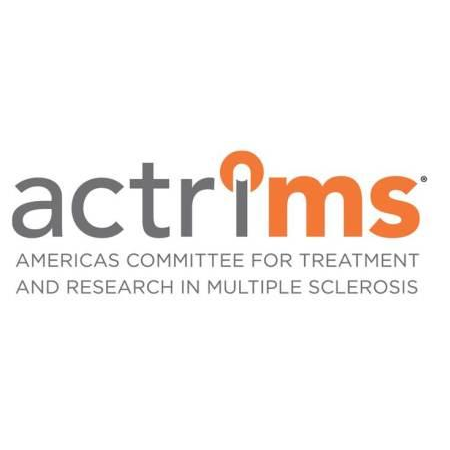
- April 2023
- Volume 6
- Issue 2
Combination Treatment Approach to Fatigue in MS Nets Benefits

Study results suggest that selected interventions should be based on phenotypic differences and treatment goals.
Results of a randomized study examining different interventions for multiple sclerosis (MS)-related fatigue showed that a combination approach of cognitive behavioral therapy (CBT) plus modafinil resulted in reduced fatigue impact and perceived benefits in people with MS.1
The study data from the COMBO-MS trial were presented in a Cutting Edge Developments session at the
Tiffany J. Braley, MD, MS, director, Division of Multiple Sclerosis and Neuroimmunology and the Holtom-Garrett Family Professor of Neurology at the University of Michigan, and colleagues, assessed the effects of separate behavioral and pharmacologic interventions, as well as their combined effect.
“Fatigue in MS remains one of the most challenging symptoms to treat part because the current treatments, both pharmacological and nonpharmacological have not been fully optimized in a patient centric manner that accounts for the heterogeneity seen in people with MS, the symptoms, or real-world clinical practice,” Braley said during her presentation.
People with MS were randomly assigned 1:1:1 to receive telephone-delivered CBT (n=114; 8 weekly sessions plus 2 booster sessions), modafinil (n=114; 50 mg daily-200 mg BID), or both (n=108) over 12 weeks. Effects were measured using the Modified Fatigue Impact Scale (MFIS) at baseline and at the end of the treatment period. Notably, Braley and colleagues also assessed different clinical features that could potentially have an effect on the intervention, including depression, anxiety, excessive daytime sleepiness, obstructive sleep apnea, sleep hygiene, MS subtype, and disability level.
Overall, 336 people with MS completed the study. At 12 weeks, all 3 interventions were associated with statistically significant and clinically meaningful reductions in the MFIS (CBT, 15.2; modafinil, 16.9; combination, 17.3), with nearly 60% of participants in each group experiencing at least a 10-point reduction in overall MFIS score.
Notably, sleep hygiene did modify the effect of the interventions, as those with worse sleep hygiene were shown to experience a greater benefit on the MFIS score following CBT (P =.03). Overall sleepiness based on the Epworth Sleepiness Scale was also associated with changes on the MFIS but not effect modification.
Patients with MS in the combination therapy group reported a higher mean score on the Patient Global Impression of Change (PGIC) (M=5.1±1.6) compared with those in the CBT-only (M=4.7±1.6, P =.07) or modafinil-only (M=4.5±1.7, P<.01) groups, with 40% reporting a definite improvement in activity limitations, symptoms, emotions, and overall quality of life.
Overall, CBT and modafinil were well tolerated with minimal discontinuation (modafinil=20, side effects; CBT=6, time constraints). Dosing for modafinil ranged from 100-200 mg per day in 81% of participants.
Given the effect that varying clinical characteristics may have, Braley and colleagues concluded that these should be taken into consideration when selecting appropriate interventions in order to provide a more personalized management plan.In particular, those with poor sleep behaviors may be more likely to respond to interventions that include CBT.
REFERENCE
1. Braley TJ, Alschuler KN, Ehde DM, et al. A Comparative Effectiveness Trial of Telephone-Delivered Cognitive Behavioral Therapy, Modafinil, and Combination Therapy of Both Interventions for Fatigue in Multiple Sclerosis: Primary Results From the COMBO-MS Trial. Presented at: 2023 ACTRIMS Forum. February 23-25, 2023; San Diego, CA.
Articles in this issue
almost 3 years ago
Promising Disease-Modifying Therapies in Parkinson Diseasealmost 3 years ago
Read All About It: How On-Demand Therapy Has Changed the PD Landscapealmost 3 years ago
Managing Nonmotor Symptoms: Psychosis in Parkinson Diseasealmost 3 years ago
Therapeutic Potential of IGF-1 and MECP2 in Rett Syndromealmost 3 years ago
Therapeutics Aim at Modifying Alzheimer Diseasealmost 3 years ago
Searching for the PD Holy Grailalmost 3 years ago
FDA Accepts Supplemental BLA for Traditional Approval of LecanemabNewsletter
Keep your finger on the pulse of neurology—subscribe to NeurologyLive for expert interviews, new data, and breakthrough treatment updates.










